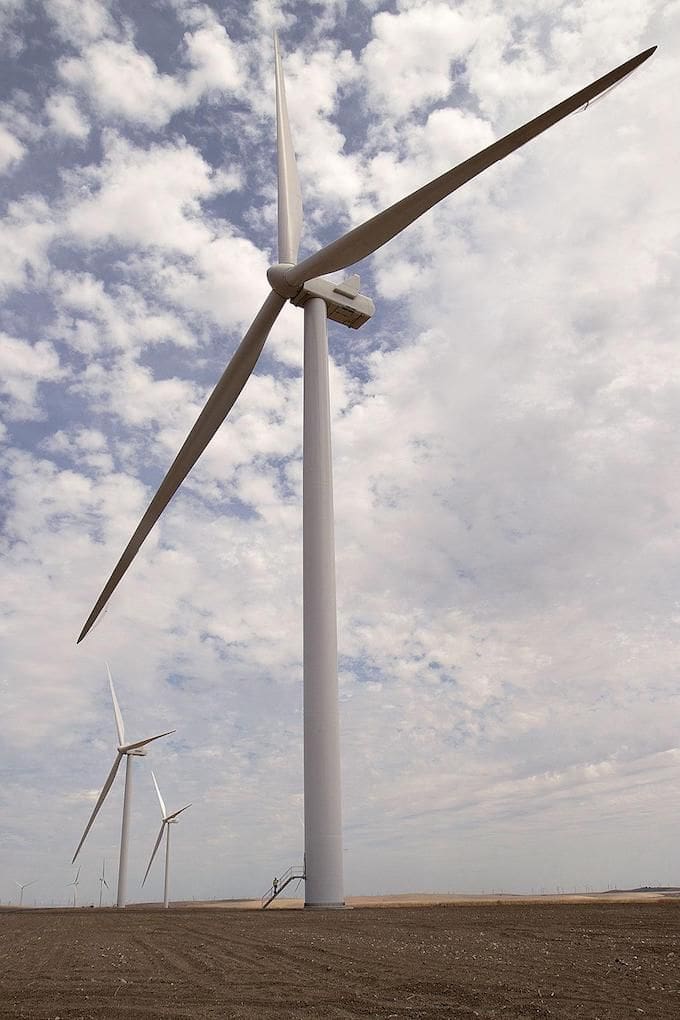For a region that’s blessed with bountiful natural resources, the Pacific Northwest has largely missed the boat.
We’re not talking about politicians’ willingness to levy taxes on resources and spend the revenue as fast as they collect it. We’re talking about viewing natural resources as public property and sharing the windfall with all citizens.
When the boom in wind power began 17 years ago in Sherman County, Ore., leaders there came up with an idea. Instead of the county simply pocketing property taxes collected from the big wind generators that were sprouting across the countryside, they would share a portion of the money with citizens.
Every head of household who has lived in the county at least a year now receives $590 annually. The idea was to reimburse residents whose views were impeded by wind turbines.
The rest of the money has gone to build a courthouse, school, library, Oregon State University Extension facility and a new covered arena at the fairgrounds.
For a county that has only about 1,800 people, this was a stroke of genius. County leaders should take a bow — and offer a bit of advice to other political leaders in Oregon, Washington, Idaho and elsewhere.
The idea was patterned after the Alaska Permanent Fund, which was created in 1976 by a constitutional amendment that allowed the state to set aside 25% of its revenue from oil pumped from the state-owned Prudhoe Bay oil field. That money was deposited in a diversified investment account. Politicians cannot spend it for anything without a vote of the people.
Earnings from the fund are divvied up and sent to every man, woman and child in the form of a dividend check. Last year, each check was for $1,600. This year’s dividend hasn’t yet been decided.
The value of the Permanent Fund nowadays is north of $60 billion.
We think the folks in Sherman County and Alaska are onto something. Particularly when publicly owned natural resources are involved, citizens deserve some of the revenue. We fully understand that politicians may be unlikely to cede their power over the money, but they should remember: It’s not their money.
The outcome of paying dividends to citizens is extraordinary. It gives them a direct interest in government. Instead of constantly being hounded for more taxes, they actually receive a direct benefit from the government.
Also, those dividends help drive the economy.
Natural resources — wind, oil, timber, natural gas or minerals — should be treated as the property of the citizens.
There’s an age-old saying in finance — make saving a priority. If you don’t do that — and many politicians shudder at the thought of not spending every penny — you’re leaving yourself vulnerable to the next economic downturn.


















